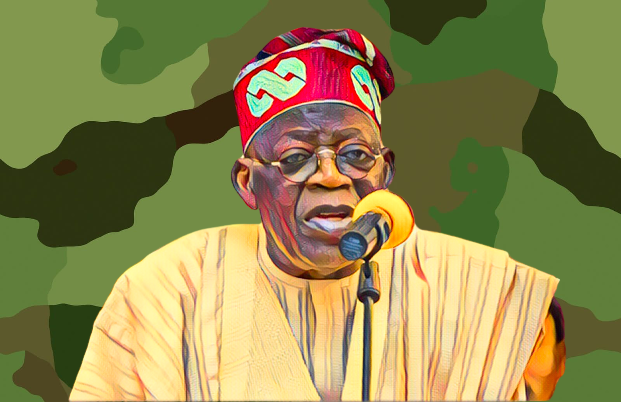The Federal Government of Nigeria has earmarked a significant sum of N150 billion for poverty alleviation programs in 2024. This allocation is part of a broader strategy under the National Poverty Reduction and Growth Strategy (NPRGS), which focuses on four key pillars: macroeconomic stability, industrialization, structural policies/institutional reforms, and redistributive policies/programs.
This strategic move, initiated during former President Muhammadu Buhari’s administration, aims to tackle poverty, especially in rural areas, and is set to continue under President Bola Tinubu’s leadership. The NPRGS, which was approved by the Federal Executive Council in 2021, has a 10-year timeline (2021-2031) and an estimated implementation cost of $1.6 trillion, averaging about $161 billion annually.
In addition to the N150 billion allocated to the NPRGS, the 2024 budget, as signed by President Tinubu, includes an allocation of N10.35 billion to the Ministry of Humanitarian Affairs and Poverty Alleviation. This budgetary commitment reflects the government’s resolve to address poverty through various targeted interventions.
One of the critical components of the government’s poverty alleviation effort is the Conditional Cash Transfer Scheme. Under this program, about 15 million households are currently benefiting from the government’s monthly grants of N25,000. This scheme is a testament to the government’s dedication to providing direct support to vulnerable citizens and improving their living standards.
The significance of these initiatives cannot be overstated, especially considering the challenging economic circumstances faced by many Nigerians. The commitment of N150 billion towards poverty alleviation highlights the government’s recognition of the need for substantial investment in social welfare programs to mitigate the impacts of poverty and promote inclusive growth.
President Tinubu, in his interactions with various stakeholders, including members of the All Progressives Congress and during his inauguration of the Small and Medium Enterprises Development Agency of Nigeria in Abuja, reiterated his administration’s commitment to progressive and inclusive governance. He emphasized the focus on eliminating poverty and providing quality education for children as part of his government’s agenda.
Vice President Kashim Shettima also echoed these sentiments, affirming the administration’s dedication to protecting enterprises and revitalizing the economy. He highlighted the importance of job creation, capital accessibility, economic growth, and poverty eradication as central elements of the government’s strategy to reinvigorate the economy.
As the Federal Government of Nigeria gears up for the implementation of these poverty alleviation programs in 2024, the focus remains on ensuring that these initiatives translate into tangible benefits for the citizens. The effective execution of these programs will be crucial in uplifting the lives of millions of Nigerians, particularly those in vulnerable communities, and in steering the country towards a path of sustainable development and prosperity.



